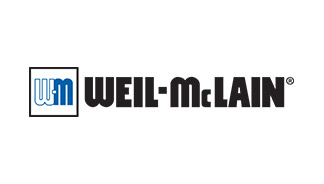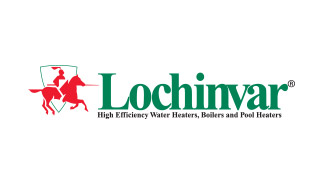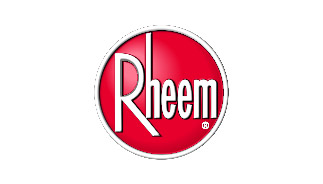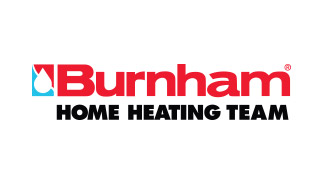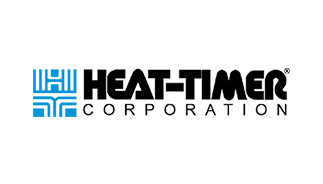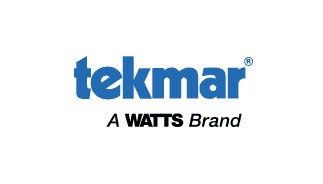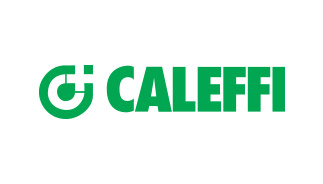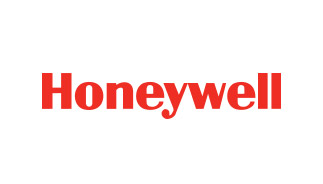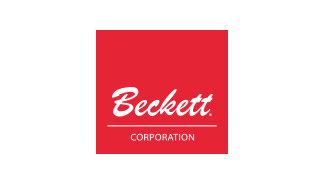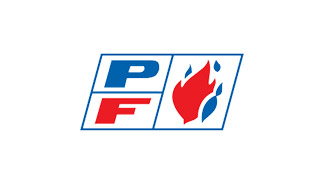Published on
September 8th, 2022An Overview of NYC DOB Regulations Relating to Boilers
If you own or manage a property in New York City, there are certain requirements you must meet regarding your boiler. Failure to follow the laws pertaining to your boiler can result in stiff penalties. Here’s what you need to know about boiler registration, boiler inspection, gas piping inspection, and Department of Buildings (DOB) boiler violations.
Boiler Registration
More than 350,000 BTUs
If you have a commercial boiler with an output of 350,000 BTUs per hour, it must be registered with the city. There are two categories for registration: 350,000 BTUs to 2.8 million BTUs per hour and 2.8 million BTUs per hour and above. Anything greater than 4.2 million BTUs per hour (some large physical plants) requires a separate certification process. Boiler registration is triennial, or once every three years.
You can be fined for not complying with registration rules, which were created to help monitor New York City’s air quality. Be aware that fines can add up, and they may show up in property searches for a building you are trying to sell. Calray Boilers is here to help. Call today for us to complete the triennial registration for your boiler.
Boiler Inspection
Low-pressure boilers
Low-pressure boilers in these categories must have their boilers inspected annually by a qualified installer licensed by the Department of Buildings (DOB) or by an authorized boiler insurance company:
- residential buildings with six or more families
- commercial and mixed-use buildings, regardless of boiler BTU capacity (has both commercial and 1-5 residential units)
- any residential buildings classified as a Single Room Occupancy (SRO) dwelling
The inspection report should be filed with DOB NOW: Safety within 14 days of completion. Otherwise, DOB boiler violations can accrue fines of $50 per month, per boiler. Boiler reports submitted after the filing period will be considered expired and assessed a $1,000 penalty (it is possible, but difficult, to obtain a waiver).
Property owners have 90 days to correct any defects, and another report must be filed, or an extension must be requested via the Department of Buildings according to their 45-day rule (you may have two extensions).
High-pressure boilers
High-pressure boilers must undergo both internal and external inspections, ideally about six months apart. These inspections can only be performed by an authorized insurance company. The report filing process and penalties are the same as for low-pressure boilers, but inspectors must give a 10-day notification to DOB prior to performing the initial inspection.
With both types of boilers, any life-threatening situations uncovered via inspections must be reported to the DOB within 24 hours.
Gas Piping Inspection
Local Law 152
All R-3 dwellings, besides one- and two-family homes, must have their gas piping inspected every four years, according to Local Law 152. This includes all exposed areas of gas piping, such as your gas meters, public spaces, and your boiler room. This is where DOB boiler violations can become really punitive; fines of up to $10,000 for noncompliance may be assessed because gas piping is such an important safety issue.
These are the steps for a gas piping inspection:
- A licensed master plumber (LMP) conducts the inspection.
- After the inspection, the property owner is sent a GPS1 Gas Piping Periodic Inspection Report within 30 days.
- The property owner then files a GPS2 Gas Piping System Periodic Inspection Certification online, completed by the LMP, within 60 days of the inspection via the DOB dedicated portal.
- If your property fails the inspection, you must complete a Certificate of Correction within 120 days of the initial inspection.
- If you need more than 120 days to fix any problems, you can request an additional 60 days, provided you do this at the time of filing your GPS1 report.
The following is the DOB Local Law 152 inspection schedule for 2022 and the next two years:
| Date Range for Inspections | Buildings in Community Districts |
| January 1, 2022 – December 31, 2022 | 4, 6, 8, 9, and 16 in all boroughs |
| January 1, 2023 – December 31, 2023 | 11, 12, 14, 15, and 17 in all boroughs |
| January 1, 2024 – December 31, 2024 | 1, 3 and 10 in all boroughs |
Districts 2,5,7, 13, and 18 should have had inspections done by June 30th of 2022, a six-month extension due to delays and pandemic staffing shortages in 2021. To find your district, check with the Department of City Planning online.
Keeping track of all these requirements and making sure you’re in compliance can be confusing, especially if you’re new to property management or ownership. Calray Boilers is happy to help you sort everything out, so you know your property is covered. We can also perform regular maintenance on your boiler system, which helps ensure you’ll pass all inspections the first time around.
For our New York City clients, we often recommend using an annual service agreement to make sure you stay on top of everything and get priority service during our busy winter season. An annual service agreement also locks in price, so even if service becomes more expensive, you won’t experience a price hike.
To learn more or to schedule a service call on your boiler, call Calray Boilers today at 212-722-5506.
